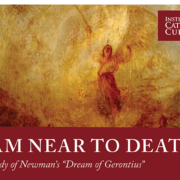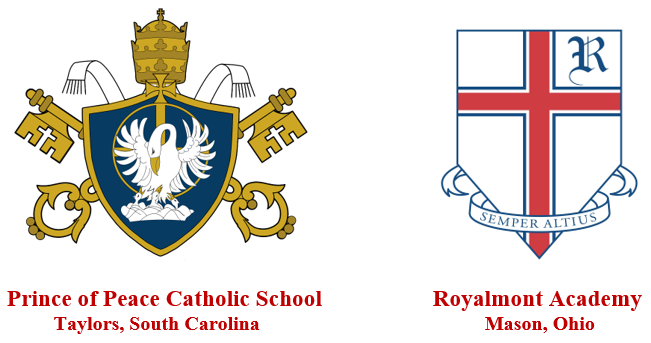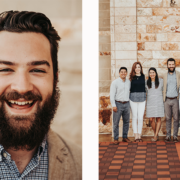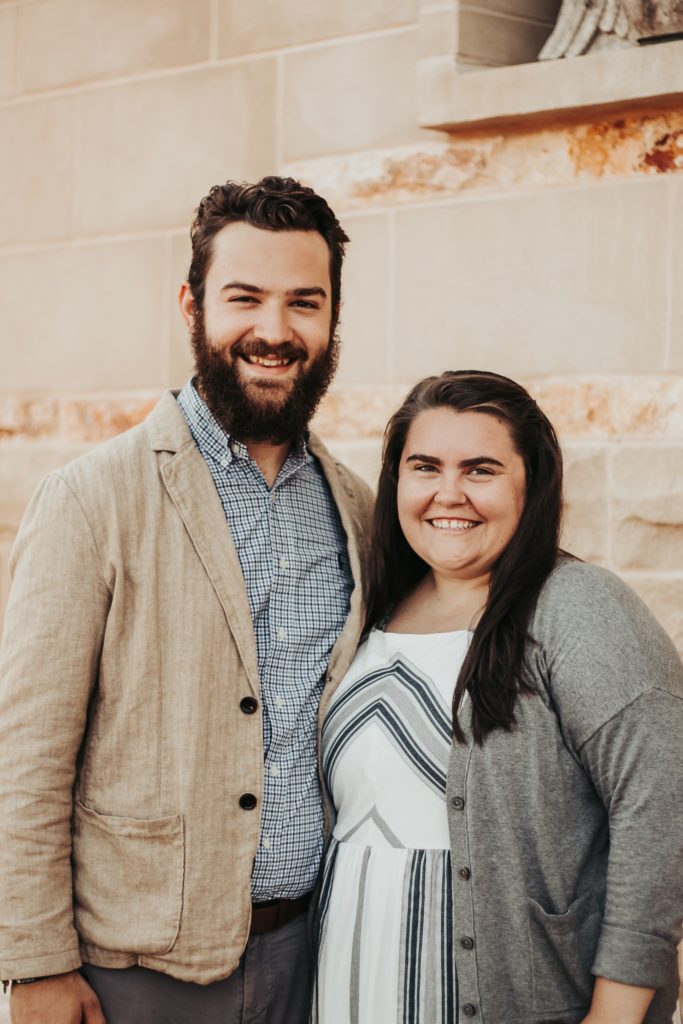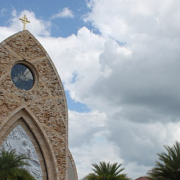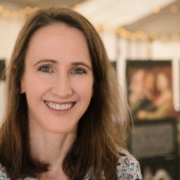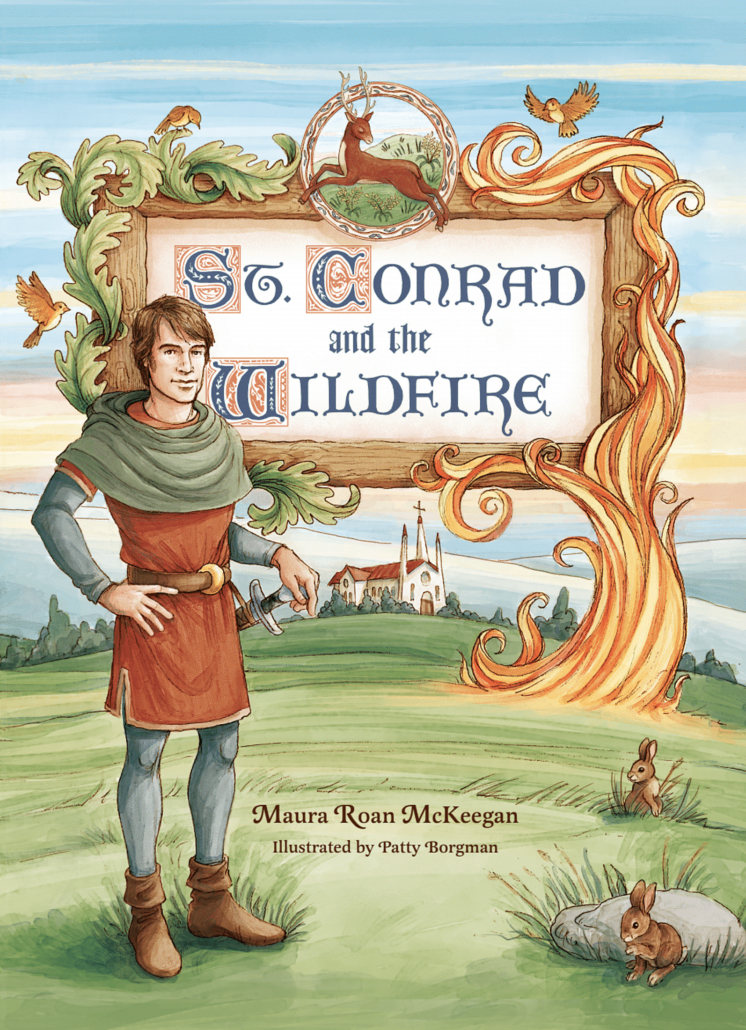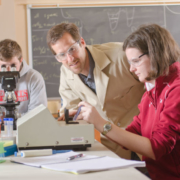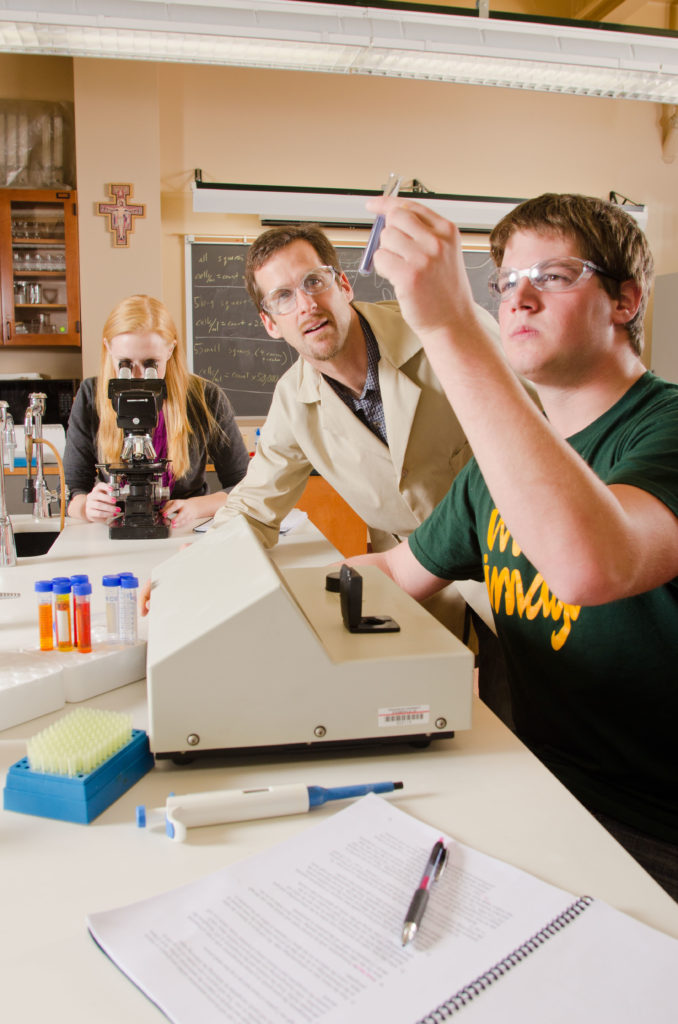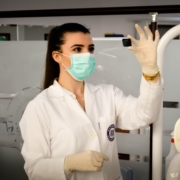Could You Be Schooling at Home… Indefinitely?
With the kids at home, now may be a great time to experiment with Catholic homeschooling and decide whether it is a good fit for your family.
“School-at-home,” of course, is not the best representation of homeschooling. Especially in the upper grades, the fixed schedule of online classes allows little flexibility, and parents are not engaged in the learning process. School-at-home also lacks key benefits of Catholic schools, including the close-knit faith community and personal engagement in the classroom.
But with the kids at home, many parents may be thinking of Catholic homeschooling as an option for the future. Catholic education comes in many forms, as it always has, and today there are outstanding parochial schools, lay-run schools, homeschool curricula and combinations of these. It is good for Catholic families to know their options.
Ultimately parents are the primary educators and must decide what best serves their family’s needs. All children deserve to be formed to fully embrace their human gifts of reason and freedom on the path to sainthood, and that’s the essential point of education.
Today, homeschooling is an excellent option for Catholics. Parents have impressive resources available to them, including help with curricula, texts and learning activities. Teaching the Faith is easy; there are many sound resources online, in print and on video including Magisterial teaching that can be accessed by the click of a mouse.
My five wonderful kids—now four teenagers and the oldest in college—have never enrolled in a brick-and-mortar grade or high school. My wife Rosario and I have found homeschooling to be a blessing and an opportunity to ensure that our children get precisely the education and the balance with other activities that we want for them. Rosario had the inspiration to go above and beyond, developing her own hybrid homeschool-classroom program called Aquinas Learning, which has provided our kids a Catholic formation according to classical methods of learning.
If you are inclined toward homeschooling, be not afraid! These weeks at home with school children can be a great time to test the waters and decide whether homeschooling is right for your family. And veteran Catholic homeschoolers are ready to give you plenty of advice.
Integrate School with Family
For children in schools, weekdays are clearly divided between the school day and the remaining time focused on family, recreation and other activities. One of the first things parents are now finding is that such a clear division at home is artificial; even students who are online much of the day cannot help but engage more with parents and blur the lines between school and home.
Especially with younger children, parents can take a more active role in their education and ensure that the family’s needs are being met.
“First things first, write down your goals of education for each child, with the heavenly goal as the first priority,” advises Rosario Reilly of Aquinas Learning. Parents who are new to the homeschooling mindset need to rethink every aspect of their home life and education as an integrated whole. “Second, set a simple routine for the family maintaining some boundaries and requiring children to participate in maintaining the home.”
“Having a rhythm to your days, as a homeschooler, makes the day flow a great deal more easily and allows for time to work and time to play,” agrees Mary Ellen Barrett, editor of the magazine for Seton Home Study School. Parents can build around assigned lessons and activities to establish their own agenda.
Barrett suggests a few simple guidelines: “Keep bedtimes and wake-up times consistent. Allow for morning chores and prayers as well as afternoon tidy-ups. Have a few breaks sprinkled through the day to ‘get the wiggles out,’ and end early in the afternoon. No young child is at their best late in the afternoon.”
As for the education, parents can look for ways to get creative and enjoy some benefits of homeschooling. For instance, one of the distinctive features of Aquinas Learning is its curriculum that is structured to allow children of all ages to study similar topics at the same time, albeit with different levels of complexity.
“Even in a grade-restricted curriculum, parents could bring together the family on certain subjects, such as taking one topic in history and learning it together,” Reilly suggests. “Your Kindergartener might listen to the story and color a picture, while your sixth grader writes a report about it. And everyone can visit historic places together—even online, until restrictions are lifted—or watch a historical movie suitable for all ages.”
She also urges parents to ensure that the insights of the Catholic faith are integrated into every course. Not every school does this well—but parents have the opportunity to make it happen at home. Even short conversations about how historical events intersect with Christianity and the moral choices of a book character will greatly enhance your child’s education.
Faith, Love Come First
While your student is at home these next several weeks, try doing something that Catholic homeschoolers are good at: making faith and family priorities above anything else.
Amid the pandemic, teachers are sending a lot of schoolwork home, and it can put a large burden on parents. The tendency may be to focus too much on the workload and not enough on what is most important—especially given the fears and dangers that families are facing.
“As Catholics, I think these times call for us to be much more concerned with ministering to each other and deepening our faith lives, than spending a huge amount of time on academics,” Barrett says. “While very important, math and English will always be there to be mastered, but this is a time God seems to be calling us to deeper things.”
“Although there is schooling to do, by and large, it won’t take hours to do it. And this leaves hours together to be the family God intended us all to be,” adds Krista Thomas, director of communications for IHM Homeschooling Conferences.
She recommends “watching and participating in the Mass online, adding a new devotional, and reading about the saints” as “simple and gentle ways to draw closer as a family, as well as to Our Lord.”
Teresa Peddemors, a mentor with Mother of Divine Grace School, says “the most important thing that mothers can do is comfort and love on their kids.”
The pandemic can be scary. “The children have been present during many conversations and news reports,” Peddemors says. “Their lives are upside-down. It’s more important that they are shown that their parents will be taking care of them through all of this, no matter what.”
Pace Yourself and Your Child
Anxious parents need to “relax,” advises Patrick Carmack, president of the online Angelicum Academy. “Learning itself, as Aristotle noted long ago, is natural to humans and enjoyable. So enjoy it. Proceed at a pace that is appropriate for each of your children—neither too fast, which discourages them; nor too slow, which bores them.”
One of the benefits of homeschooling is that it avoids the “unnecessary stresses of competitiveness and over-testing,” he says. Now many schools are relaxing test requirements for the spring semester, and they are trusting parents to make sure that children learn.
“Tailor the experience with options of convenience,” Thomas advises. “For example, if your children are hesitant readers, read with them. Take turns reading aloud the material. Ask questions. It isn’t a race to finish in five minutes or check off a list… be patient and savor this time—a time of simplicity with your family.”
With schools closed, both parents and students are likely to suffer from an overload of screen time. Homeschoolers are familiar with this problem, as the internet is a constant temptation and provides a wealth of helpful resources for learning. But one of the great benefits of being at home is the opportunity to stay close to family, get outdoors and do more hands-on activities.
Reilly is using this time to promote more off-screen socialization, even as Aquinas Learning centers are forced to shift classes online. “We are encouraging handwritten letters to pen-pals, relatives, elderly shut-ins at nursing homes, the front-line medical workers whom we know, and overseas military.”
Teach with Confidence
Somehow it has been ingrained in modern parents that they are unfit to teach their children. Nothing could be further from the truth. Knowing when and where to get help is important—but God has already given parents the grace to be their children’s primary educators.
Trust that “you are uniquely equipped for this time, to do this work, with these children,” advises Sheila Schofield of Mother of Divine Grace School. “Have confidence in your abilities, in your love for your children, and in the grace of God to educate your children at home.”
Whether your choice is Catholic homeschooling or a faithful Catholic school, this time together in the home can be a blessing to both parents and kids. Seize the opportunity, because things soon will be back to normal. May God bless you and your family.
This article first appeared at The National Catholic Register.


